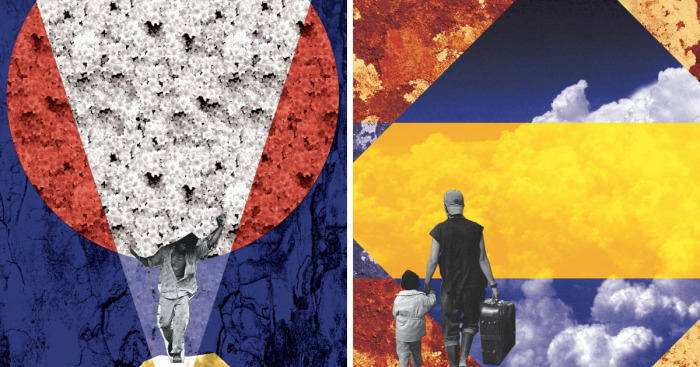
I Created Collages Using Pictures Of War Victims In Colombia To Show The Effects Of Conflict
I created collages using pictures of war victims in Colombia by photojournalists Jesús Abad Colorado, Álvaro Ybarra and Josh Rushing. I want to raise awareness about the importance to support victims of war with mental health programs that prevent developing further mental pathologies such as Post Traumatic Stress Disorder (PTSD).
Each illustration represents one of the ten symptoms of PTSD and is inspired on quotes from the book One Hundred Years of Solitude by the Colombian Nobel Prize Gabriel García Márquez, which narration is a symbolic representation of Colombian history and its daily violence. The colour palette relates to the Colombian flag.
More info: behance.net
Nightmares
“Dawn would find her in the courtyard, for she did not dare fall asleep lest she dream of the English and their ferocious attack dogs as they came through the windows of her bedroom to submit her to shameful tortures with their red-hot irons. Her Husband, an Aragonese merchant by whom she had two children, spent half the value of his store on medicines and pastimes in an attempt to alleviate her terror. Finally he sold the business and took the family to live far from the sea in a settlement of peaceful Indians located in the foothills, where he built his wife a bedroom without windows so that the pirates of her dream would have no way to get in.”
(García, G., 1996. One Hundred Years of Solitude. Penguin: London. pp.19-20)
Distressing Thoughts
“Then, for more than ten days, they did not see the sun again. The ground became soft and damp, like volcanic ash, and the vegetation was thicker and thicker, and the cries of the birds and the uproar of the monkeys became more and more remote, and the world became eternally sad. The men on the expedition felt overwhelmed by their most ancient memories in that paradise of dampness and silence, going back to before original sin, as their boots sank into pools of streaming oil and their machetes destroyed bloody lilies and golden salamanders. For a week, almost without speaking, they went ahead like sleepwalkers through a universe of grief, lighted only by the tenuous reflection of luminous insects, and their lungs were overwhelmed by a suffocating smell of blood.”
(García, G., 1996. One Hundred Years of Solitude. Penguin: London. p.11)
Irritability
“As had happened with the death of his wife, as had happened to him so many times during the war with the deaths of his best friends, he did not have a feeling of sorrow but a blind and directionless rage, a broad feeling of impotence.”
(García, G., 1996. One Hundred Years of Solitude. Penguin: London. p.246)
Flashbacks
“On the next day, Wednesday, José Arcadio Buendía went back to the workshop. ‘This is a disaster’, he said. ‘Look at the air, listen to the buzzing of the sun, the same as yesterday and the day before. Today is Monday too.’ That night Pietro Crespi found him on the porch, weeping for Prudencio Aguilar, for Melquíades, for Rebeca’s parents, for his mother and father, for all of those he could remember and who were alone in death.”
(García, G., 1996. One Hundred Years of Solitude. Penguin: London. p.80)
Avoiding reminders, such as people or places related to the traumatic event
“He felt himself forgotten, not with the irremediable forgetfulness of the heart, but with a different kind of forgetfulness, which was more cruel and irrevocable and which he knew very well because it was the forgetfulness of death.”
(García, G., 1996. One Hundred Years of Solitude. Penguin: London. p.50)
Apathy
“Then he went back on toward scattered episodes but he brought them back without any judgment because since he could not think about anything else, he had learned to think coldly so that inescapable memories would not touch any feeling.”
(García, G., 1996. One Hundred Years of Solitude. Penguin: London. p.272)
Feeling on the edge
“Death really did not mattered to him but life did, and therefore the sensation he felt when they gave their decision was not a feeling of fear but of nostalgia.
[…] “Then, all accumulated in the rip of a claw, he felt again all the terror that had tormented him in his life. The captain gave the order to fire.”
(García, G., 1996. One Hundred Years of Solitude. Penguin: London. pp.122-123)
Sleeping disorders
“It was the insomnia plague. […] the Indian woman explained that the most fearsome part of the sickness of insomnia was not the impossibility of sleeping, for the body did not feel any fatigue at all, but its inexorable evolution toward a more critical manifestation: a loss of memory. She meant that when the sick person because used to his state of vigil, the recollection of his childhood began to be erased from his memory, then the name and notion of things, and finally the identity of people who and even the awareness of his own being, until he sank into a kind of idiocy that had no past.”
[…] “ They had indeed contracted the illness of insomnia. Úrsula, who had learned from her mother the medicinal value of plants, prepared and made them all drink a brew of monkshood, but they could not get to sleep and spent the whole day dreaming on their feet. In that state of hallucinated lucidity, not only did they see the images of their own dreams, but some saw the images dreamed by others. It was as if the house were full of visitors.”
(García, G., 1996. One Hundred Years of Solitude. Penguin: London. pp.45-46)
Problems concentrating
“He dreamed that he was getting out of bed, opening the door and going into an identical room with the same bed with a wrought-iron head, the same wicker chair, and the same small picture of the Virgin of Help on the back wall. From that room he would go into another that was just the same, the door of which would open into another one just the same, the door of which would open into another one just the same, and then into another exactly alike, and so on to infinity. He liked to go from room to room, as in a gallery of parallel mirrors, until Prudencio Aguilar would touch him on the shoulder. Then he would go back from room to room, walking in reverse, going back over his trail, and he would find Prudencio Aguilar in the room of reality. But one night, two weeks after they took him to his bed, Prudencio Aguilar touched his shoulder in an intermediate room and he stayed there forever, thinking that it was the real room.”
(García, G., 1996. One Hundred Years of Solitude. Penguin: London. pp.143)
Being easily startled
“When the pirate Sir Francis Drake attacked Rioacha in the sixteenth century, Úrsula Iguarán’s great-great-grandmother became so frightened with the ringing of the alarm bells and the firing of cannons that she lost control of her nerves and sat down on a lighted stove. The burns changed her into a useless wife for the rest of her days.”
(García, G., 1996. One Hundred Years of Solitude. Penguin: London. pp.19-20)
191views
Share on Facebook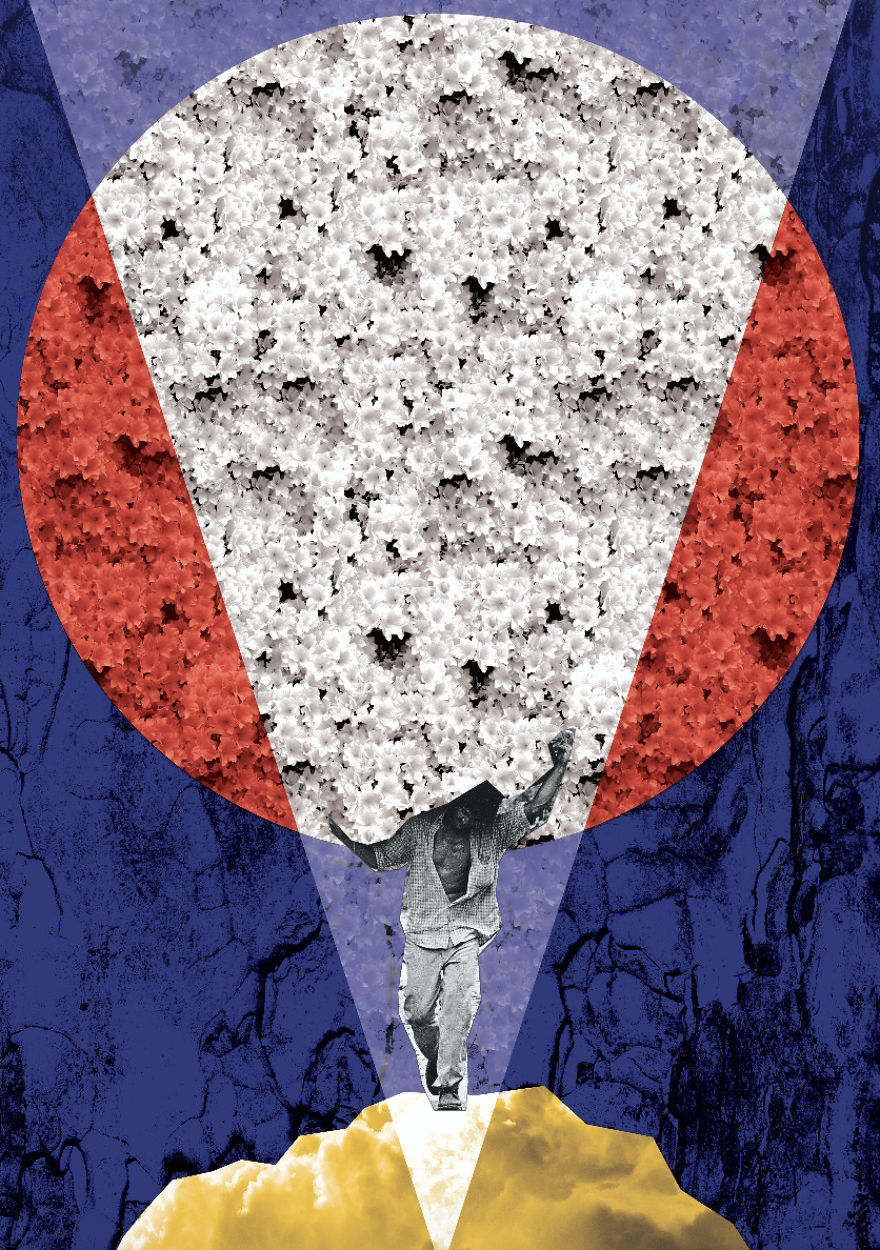
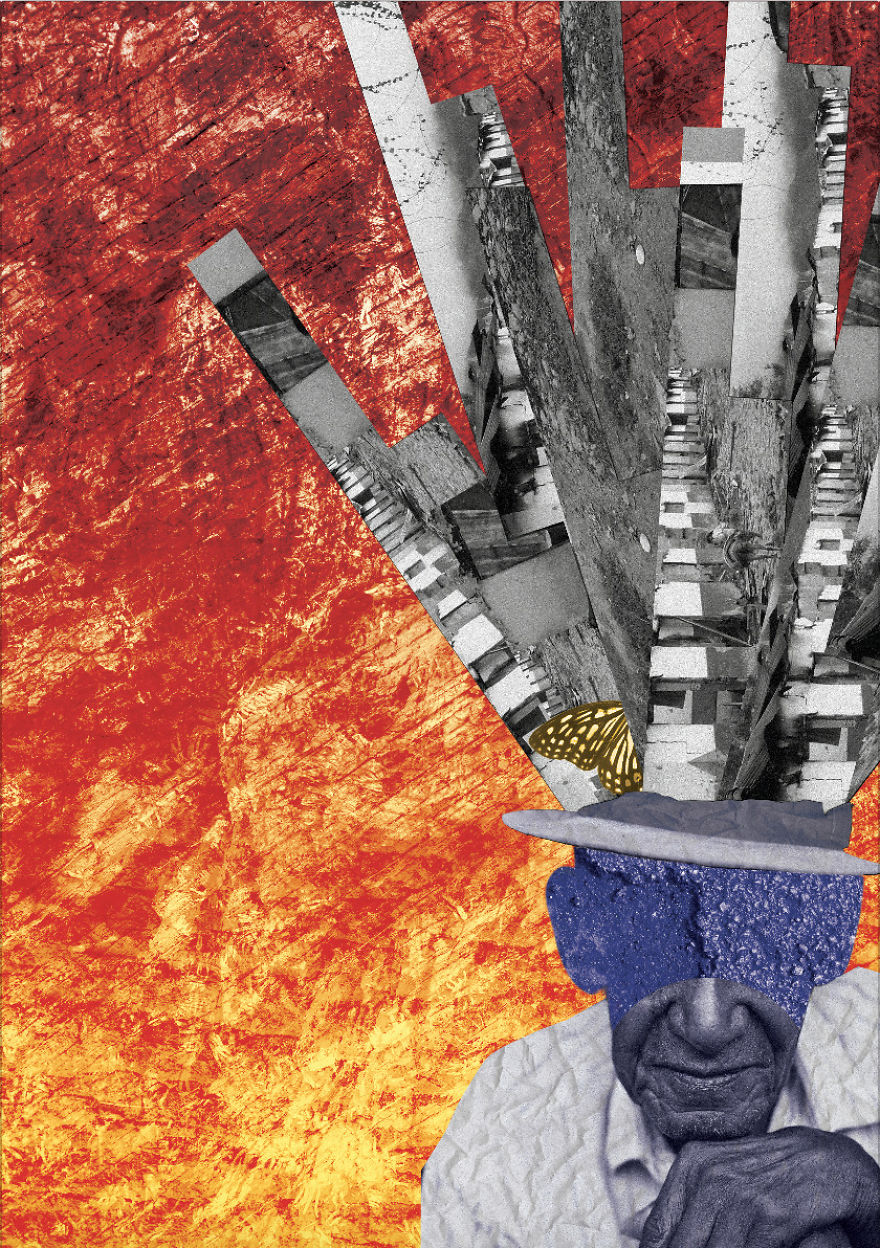
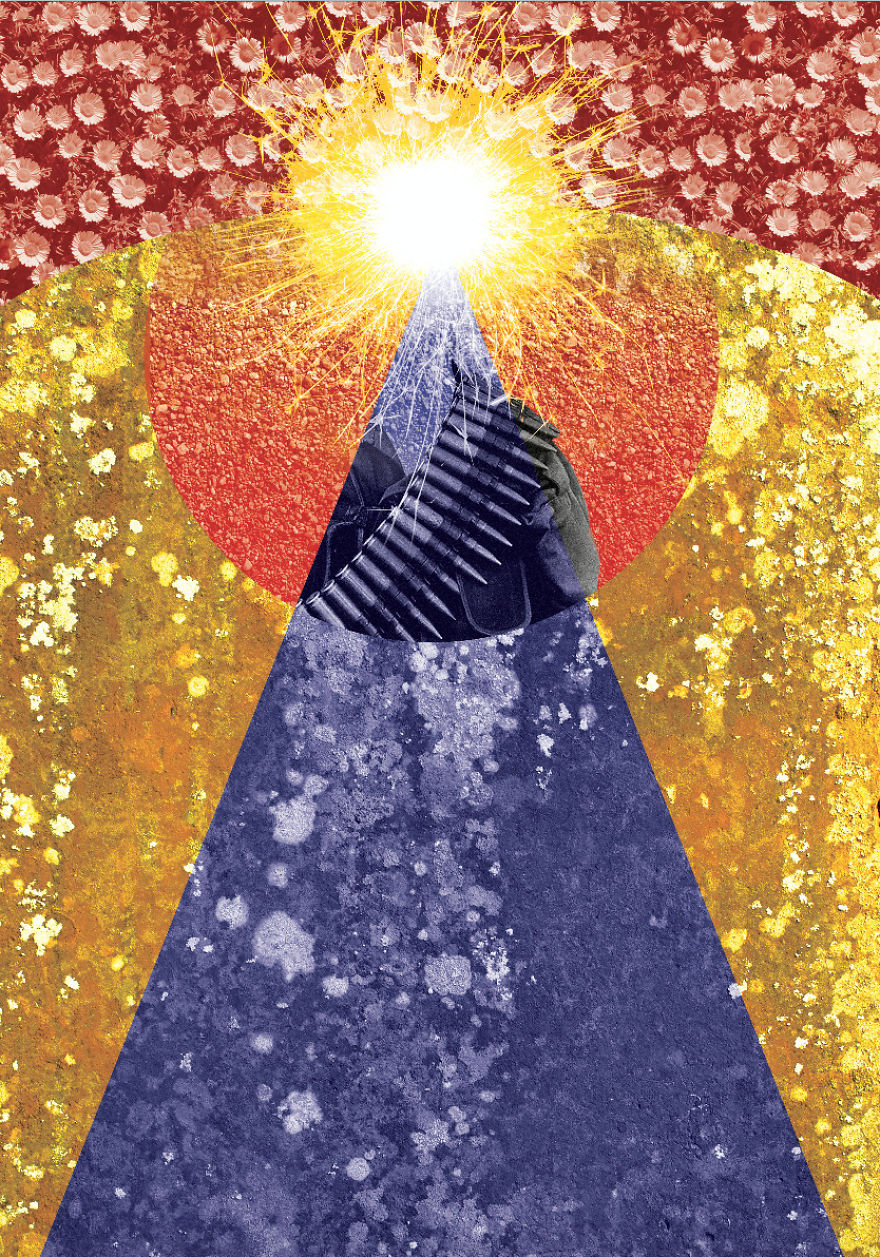
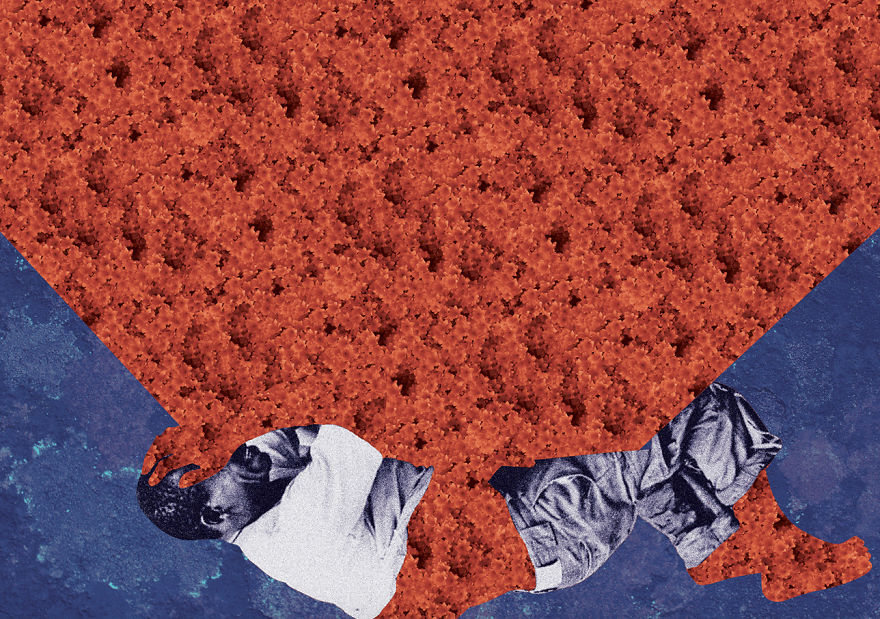

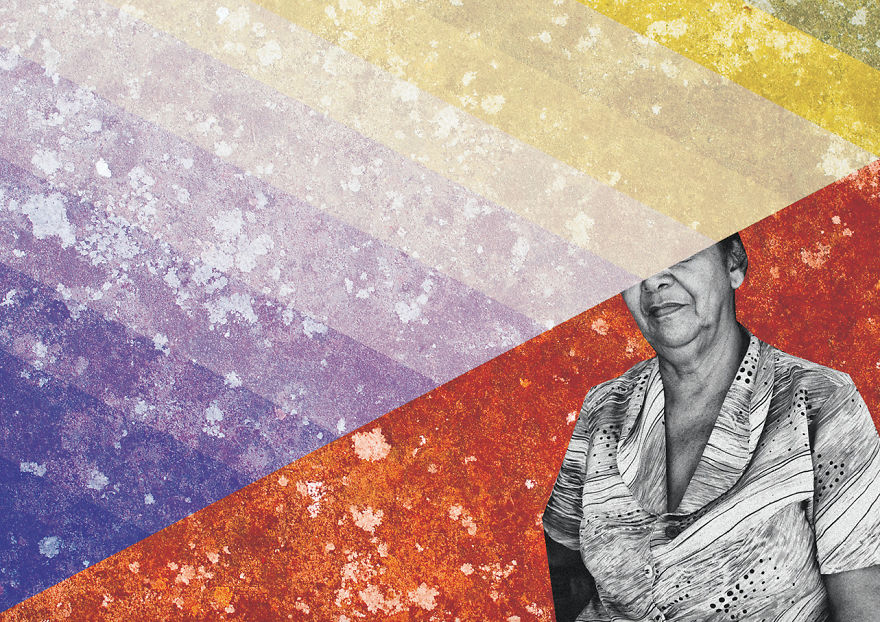
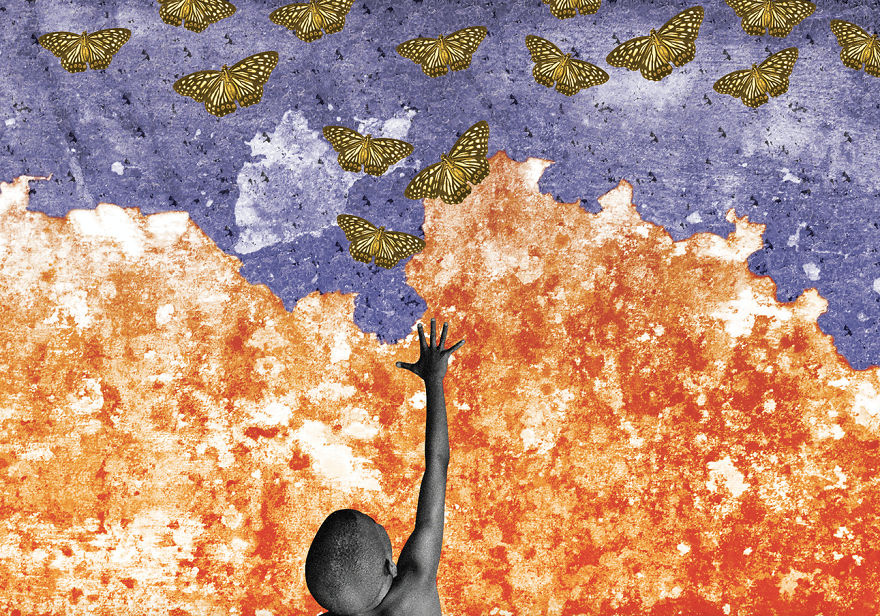
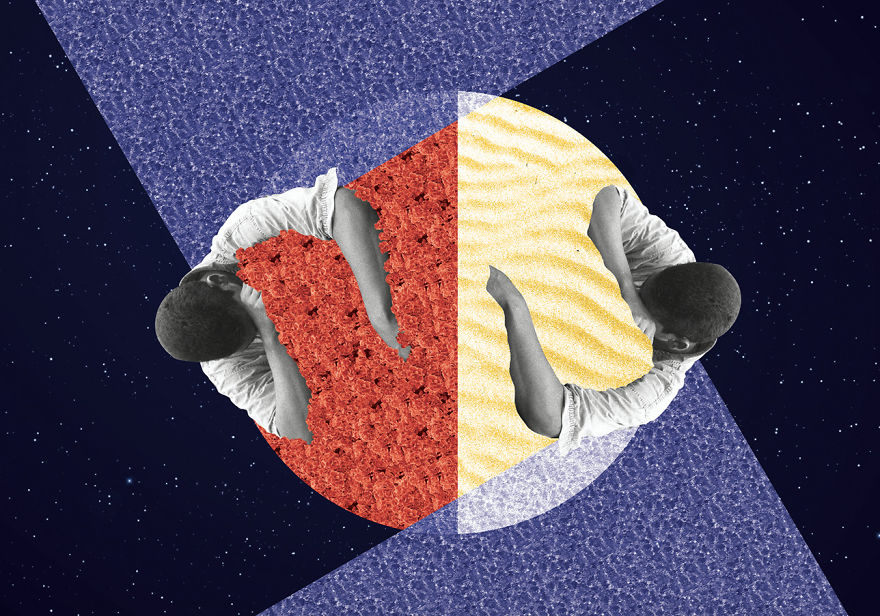
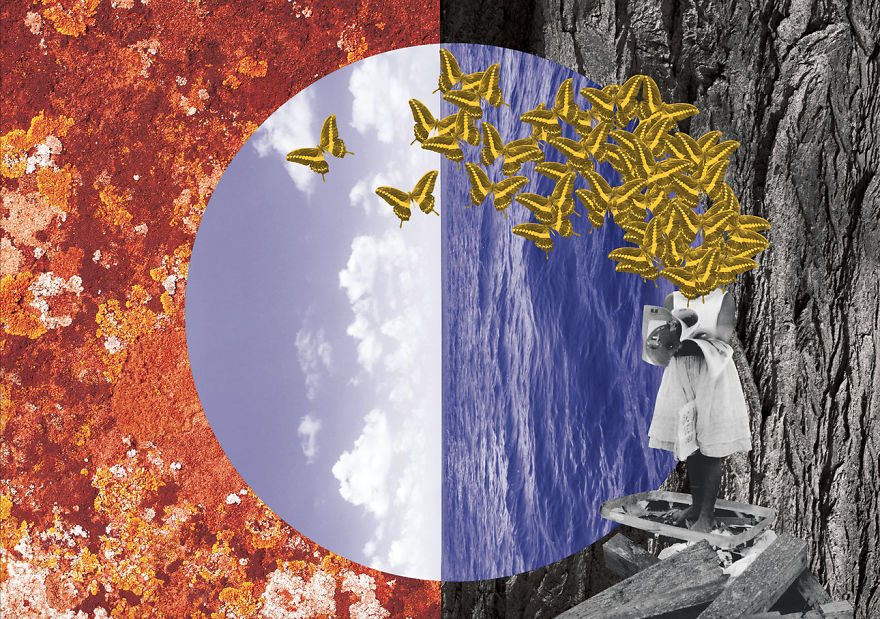
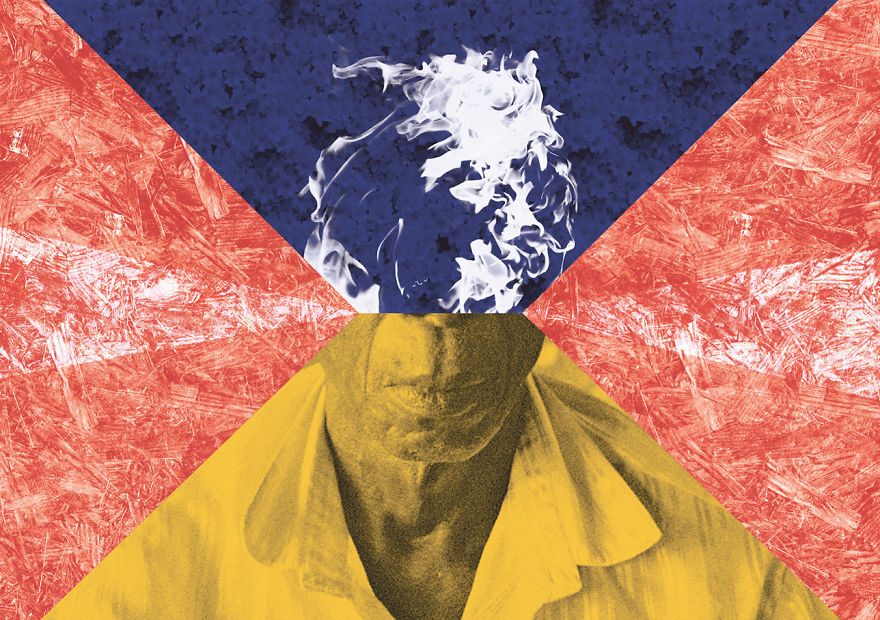



15
0